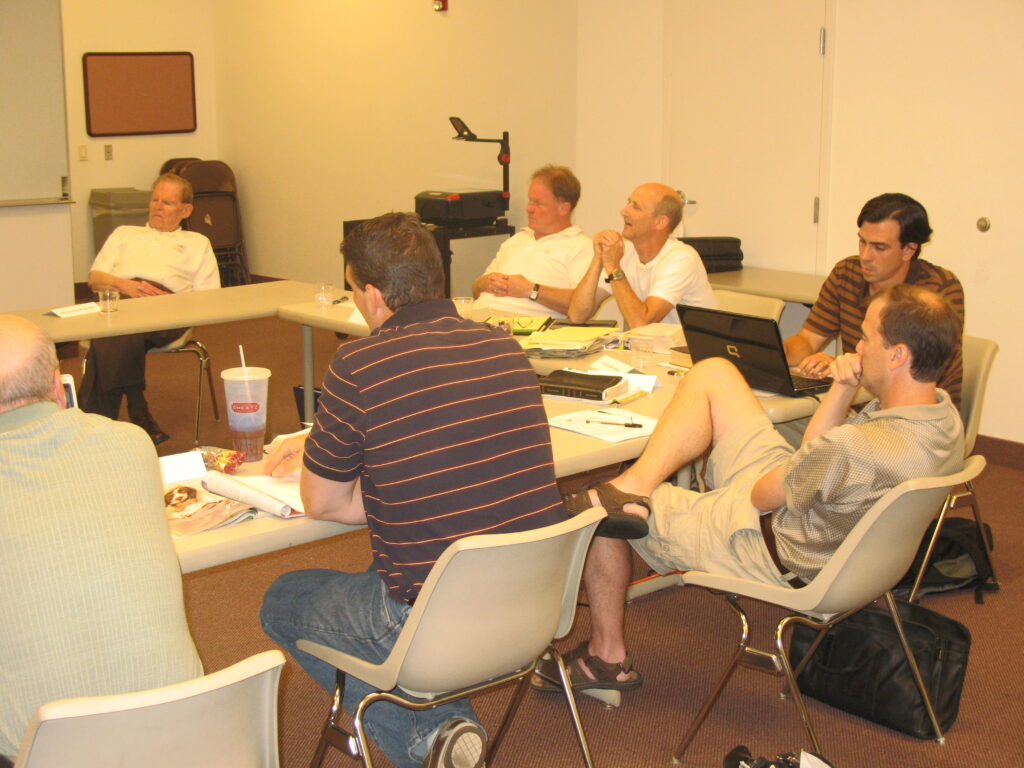
I am extremely fortunate for another opportunity to meet a class of preaching students at LBC|Capital. We are just completing week #2 and are headed into residency week. It will be great to see everyone face-to-face.
Gearing up for the course and evaluating the work being turned in provides a chance for me to review some of the more important aspects of preaching. So, at the beginning of this new Advanced Homiletics class I am reminded that…
- it’s extremely helpful to think about intention as a part of your exegesis. That way you don’t separate your exegesis from your application and application doesn’t have to come last in the process.
- the amount of verses you select for preaching can either help or hinder your ability to identify the theology of a preaching portion. Cutting the text too short or too long can create problems.
- your method of sermon preparation should include a way for you to distinguish between big and little ideas in your text. And, then, of course, you need to be able to show how all sized ideas interrelate to make meaning.
- finding the meaning of a passage begins, not by searching for what the meaning is, but how the meaning is made (how the structure of the particular genre of your preaching portion communicates).
- when Christ-centered preaching is done well, your listeners will never leave church as good moralists.
That’s probably enough for now, but I do love thinking about some of the key elements to developing a sermon that represents God well.
And may our Lord receive glory in the church and in Christ Jesus as a result of the way in which you read and communicate the sacred Scriptures (Ephesians 3:21),
Randal
P.S. If you’re free this coming Friday or Saturday, whether for the day, half-day, or even an hour or so, find PAS 513 Advanced Homiletics in LBC|Capital’s Lancaster campus (2nd floor of the academic building).










